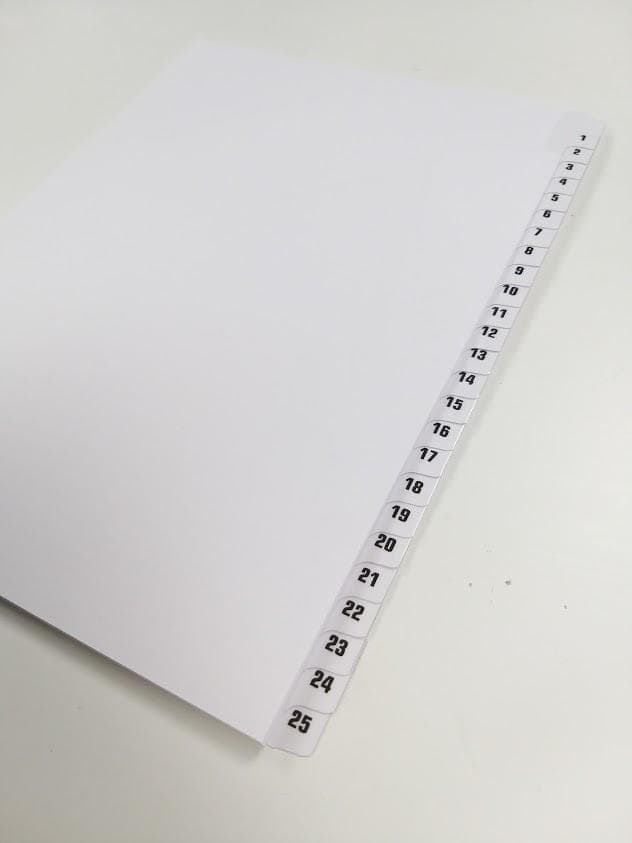The CJC report on fixed costs in lower value cases – some observations
Fixed costs are back in the spotlight with the report of the CJC in October 2019. As a pagination service, we have paid close attention to the issues raised in the CJC report concerning the preparation and pagination of medical records and will be discussing these in a further post shortly.
Not surprisingly, given the conflicting interests within the core group, no consensus was reached. However, agreement on process and FRC levels was brought closer, albeit with significant minority disagreement. It is likely that change will be implemented at some point in the foreseeable future and this report gives an idea as to what shape those changes may take. There are still large gaps on expert fees and ATE premiums which the report acknowledges have yet to be addressed.
Light track
The new concept of a ‘light track’ is proposed for cases where no expert evidence at all is obtained. Although one would think such a case rare in practice, this category (according to the analysis of Professor Fenn, para 3.19) accounts for 25% of lower value cases. It’s hard to see how many claims could be settled safely without at least expert evidence on condition and prognosis. Such a case would need full admission on liability and clear determination of losses. It will be interesting to see how many cases are considered suitable for the light track should this go ahead, or whether the lower proposed FRC rates (para 5.16) are viable at all.
Standard track
On any analysis most cases will require expert evidence and therefore be allocated to a proposed ‘standard track’. Is the disadvantage to the claimant of proposed sequential service of expert evidence addressed by a subsequent right of reply to the defendant’s report? The proposal is highly contentious and did not result in consensus. The claimant would be required to make their case without seeing any factual or expert evidence from the defence. Any later supplement or editing by the claimant would inevitably lose impact compared with a primary position; this appears to be accepted by the CJC in introducing a retroactive ‘safeguard’ (namely unilateral right of reply). It could be argued that the Claimant is left with a fragmented case and increased costs in managing the expert evidence.
Mandatory neutral evaluation (MNE)
The proposed ‘mandatory neutral evaluation’ (MNE) looks like a creative and positive proposal which may receive a cautious welcome from some on both sides. To justify the cost it would need to be a highly effective tool. There remain many questions about how it would operate in practice.











